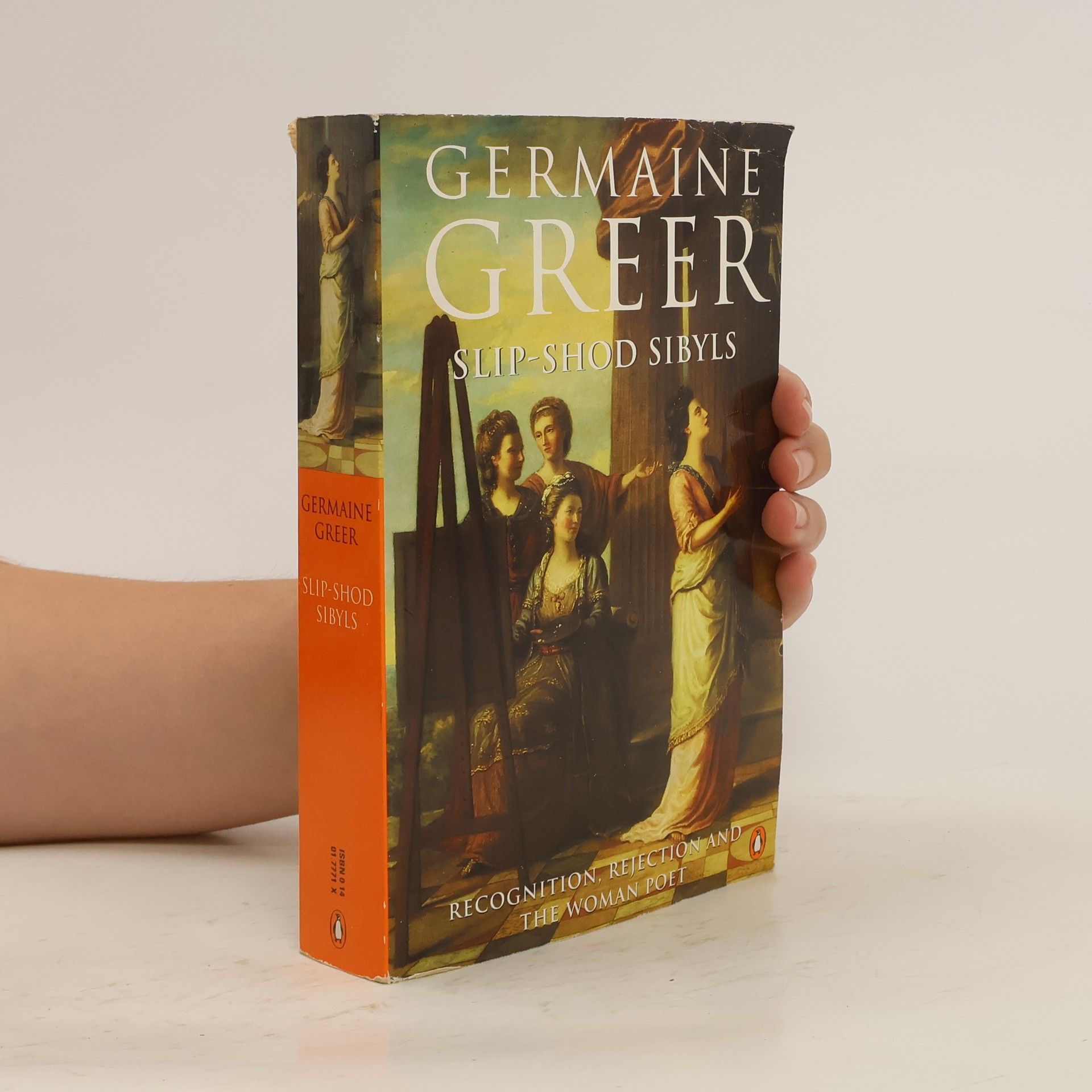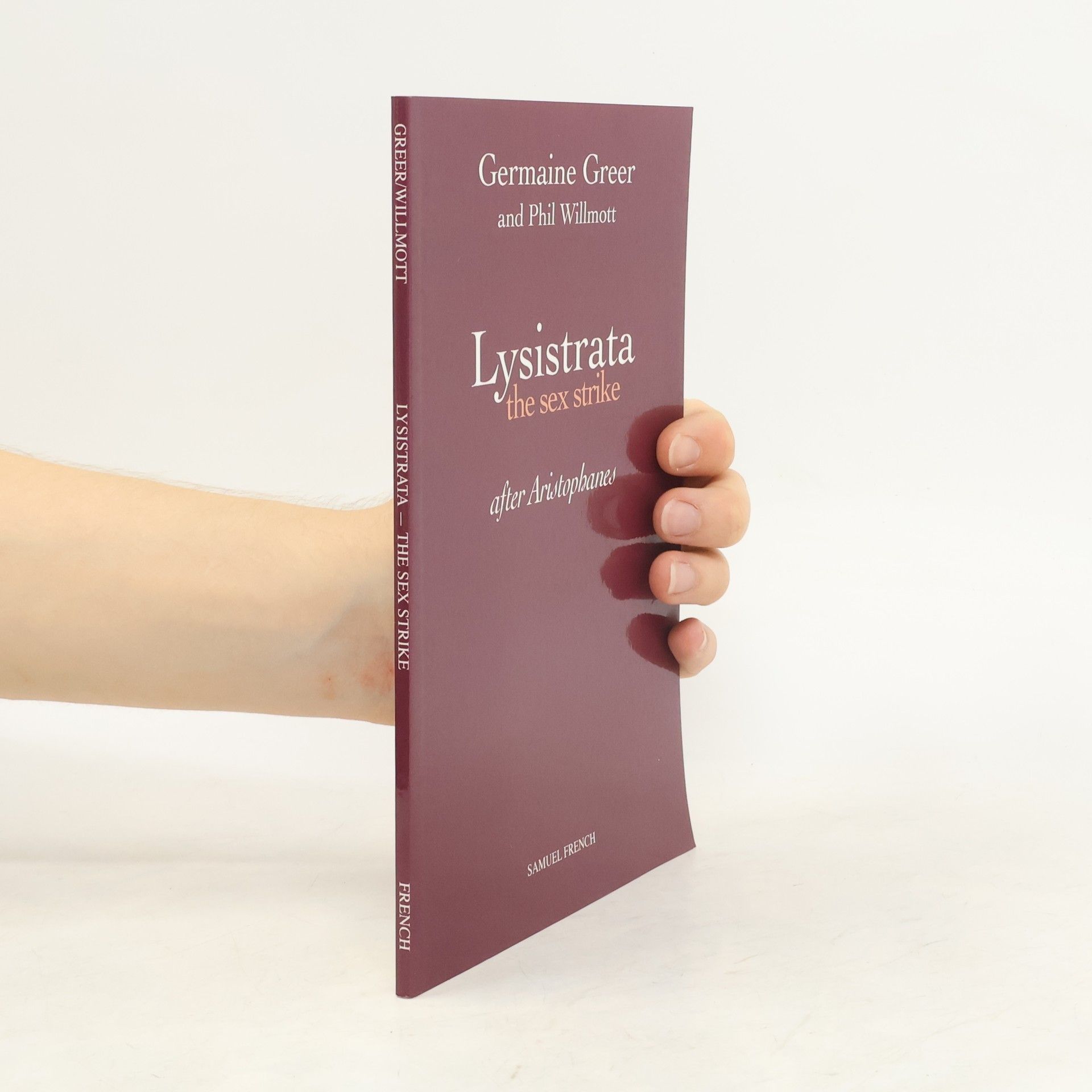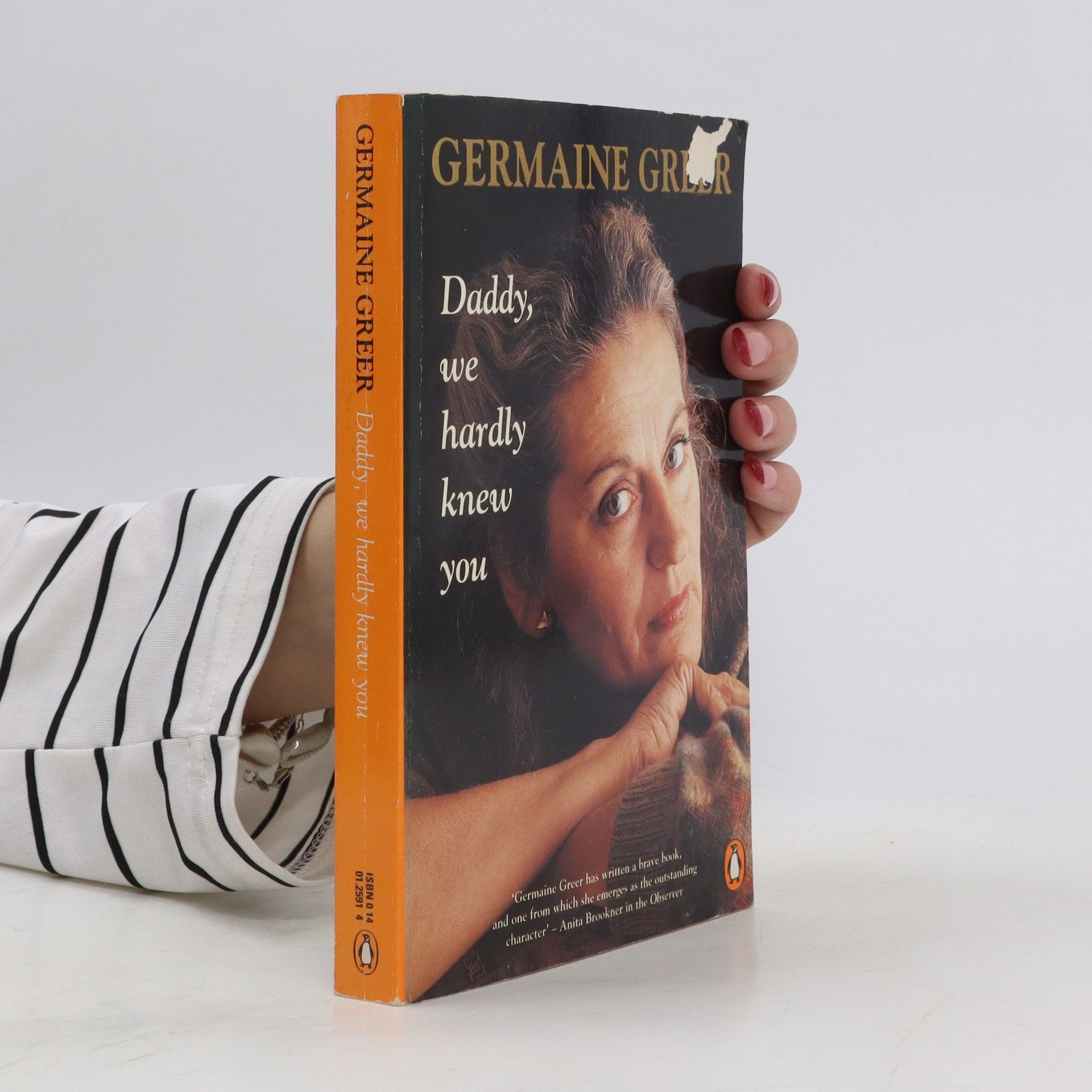Některé postřehy o Shakespearově díle z různých aspektů.
Germaine Greer Knihy
Germaine Greer je australská spisovatelka, novinářka a badatelka v oblasti anglické literatury raného novověku, všeobecně považovaná za jeden z nejvýznamnějších feministických hlasů pozdní poloviny 20. století. Její myšlenky vyvolávají kontroverze od doby, kdy se její přelomové dílo stalo mezinárodním bestsellerem v roce 1970, čímž se přes noc stala slavnou a zároveň se setkala s obdivem i kritikou. Greer se ve své práci zabývá zkoumáním a dekonstrukcí genderových norem a společenských očekávání, přičemž její styl je často provokativní a podnětný k zamyšlení. Její literární význam spočívá v neochvějném zpochybňování patriarchálních struktur a v podpoře ženské autonomie a svobody.







Kontroverzní dílo s příchutí skandálnosti zprostředkovává naprosto nekompromisní názory autorky na manželství, lásku, sex, osobnost a postavení ženy. Důraz klade autorka na sexuální osvobození ženy, ve kterém vidí zásadní podmínku ženského osvobození vůbec. V rámci textu jsou, pro dokreslení jednotlivých problémů, často užívány citace a úryvky ze světové literatury.
Stella Vine
- 63 stránek
- 3 hodiny čtení
This publication documents the exhibition Stella Paintings, the first major solo show in the UK by the enfant terrible of British art. Stella Vine's paintings are exuberant, funny and irreverent. She is notorious for her portraits of Kate Moss and disturbing images of Princess Diana and the heroin victim Rachel Whitear, but she also paints her mother and her son from photographs and memory. Born in 1969 in Northumberland, Stella Vine studied painting part-time at Hampstead School of Art in 1999. Her work has been included in solo and group exhibitions in the UK and internationally, notably New Blood at the Saatchi Gallery in 2004 when she first came to public attention. Stella Vine currently lives and works in London. This fully illustrated publication accompanies the exhibition Stella Paintings held at Modern Art Oxford, July - September 2007.
Lysistrata
- 82 stránek
- 3 hodiny čtení
Period Ancient Greek Athens is in the grip of a futile, destructive war with Sparta and its men are fighting abroad, taken away from their wives and families for long periods at a time. The women of Athens have had enough.
The term "slip-shod sibyls", adapted from a gibe of Alexander Pope, encapsulates the common contempt for the half-educated women who dared to expose themselves in the pre-1900 literary market-place. In this collection, Germaine Greer argues that the problem is not that such women were ignored but that, when most women were unable to express themselves in written form at all, and only a tiny minority dared to write in metre, the female poet was given undue attention, flattered and exploited only to be rejected and humiliated in her own lifetime and forgotten by posterity. She argues that what has come down to us is largely unworthy of inclusion in the canon. In many cases, the texts are inauthentic and cannot be relied upon to represent women's work or women's sensibility. As much of the poetry is intensely derivative, it cannot be evaluated by readers unfamiliar with the poets' models. This study examines the life and work of an extraordinary group of women - from the myth of Sappho to the dishonesty of Katherine Philips, the enduring mysteries of Aphra Behn and the tragic tale of Letitia Landon, forced to masquerade as "The Child of Song".
The Boy
- 256 stránek
- 9 hodin čtení
This title explores various themes related to boys, highlighting their sensuality, flirtatiousness, and vulnerability, from being passive love objects to soldier boys and the female gaze.
The change : women, ageing and the menopause
- 432 stránek
- 16 hodin čtení
With outrage and compassion, insight and scholarship, the internationally bestselling author of The Female Eunuch confronts the subject of menopause. "A brilliant, gutsy, exhilarating, bruising, exasperating fury of a book".--The New York Times Book Review.
The whole woman
- 452 stránek
- 16 hodin čtení
Germaine Greer proclaims that the time has come to get angry again! Modern feminism has become the victim of unenlightened complacency, and what started out in the Sixties as a movement for liberation has become one that has sought and settled for equality.With fiery rhetoric, authoritative insight, outrageous humour and broad-ranging debate, Greer shows that, although women have indeed come a very long way in the last thirty years, the notion of our 'having it all' has disguised the persistent discrimination and exploitation that continues to exist for women in the basic areas of health, sex, politics, economics and marketing.Erudite, eccentric, provocative and invigorating, Germaine Greer once again sets the agenda for the future of feminism as the millennium draws to a close. Here is all the polemical power that sold over a million copies of The Female Eunuch and kept its author at the heart of controversy ever since. The announcement in February 1998 that this book was coming was enough to send the world's media into a frenzied spin of speculation: The Whole Woman will be required reading for thinking adults everywhere.
Presents hypotheses about the life of the farmer's daughter who married Shakespeare. This book asks questions, opens fields of investigation and research, and rights the wrongs done to Ann Shakespeare.
Germaine Greer recounts the search for the truth about her father, about whom she knew almost nothing. Her quest for his identity as well as her own took her from Tuscany back to Australia, into dusty archives, to India, Malta, to the high table of a Cambridge college and again to Australia.



